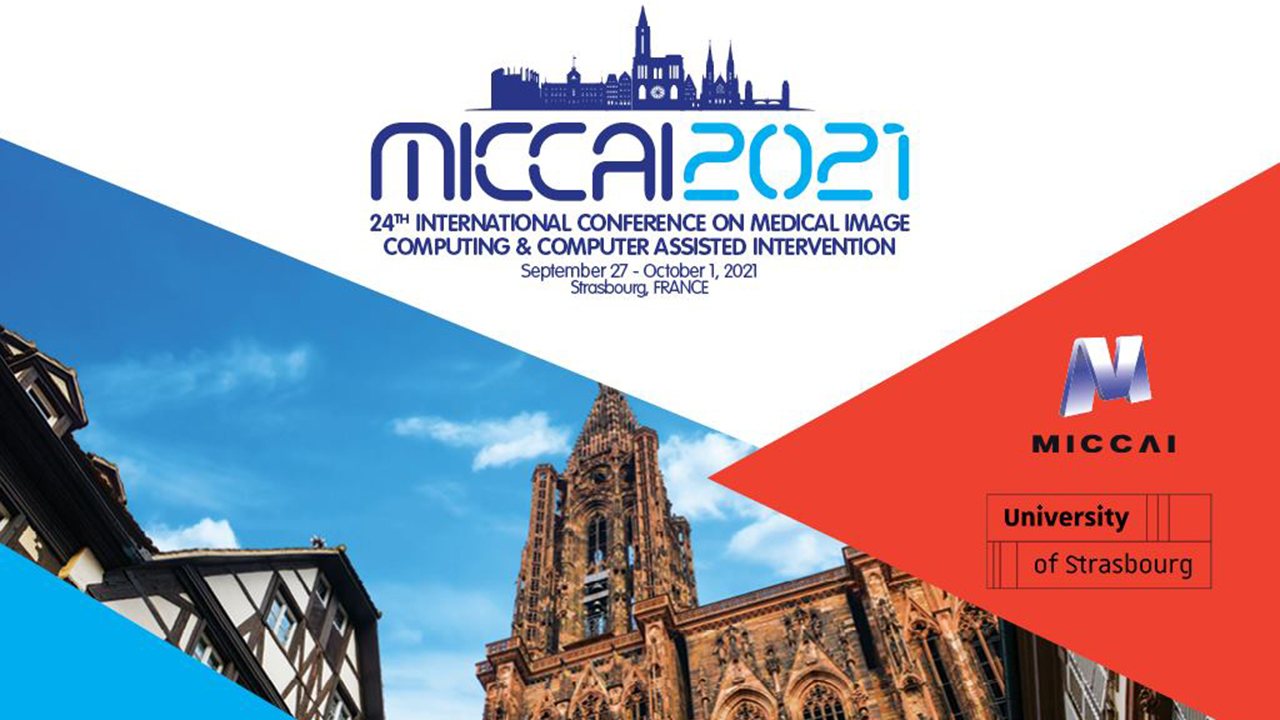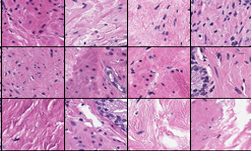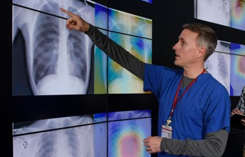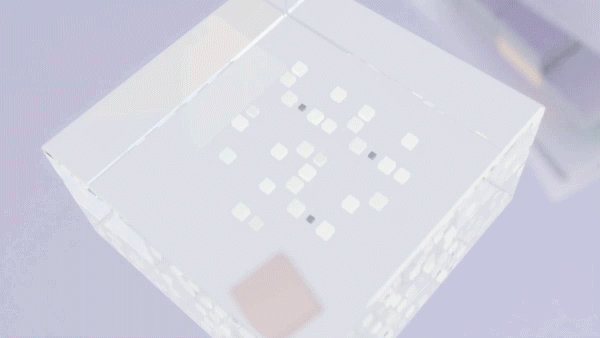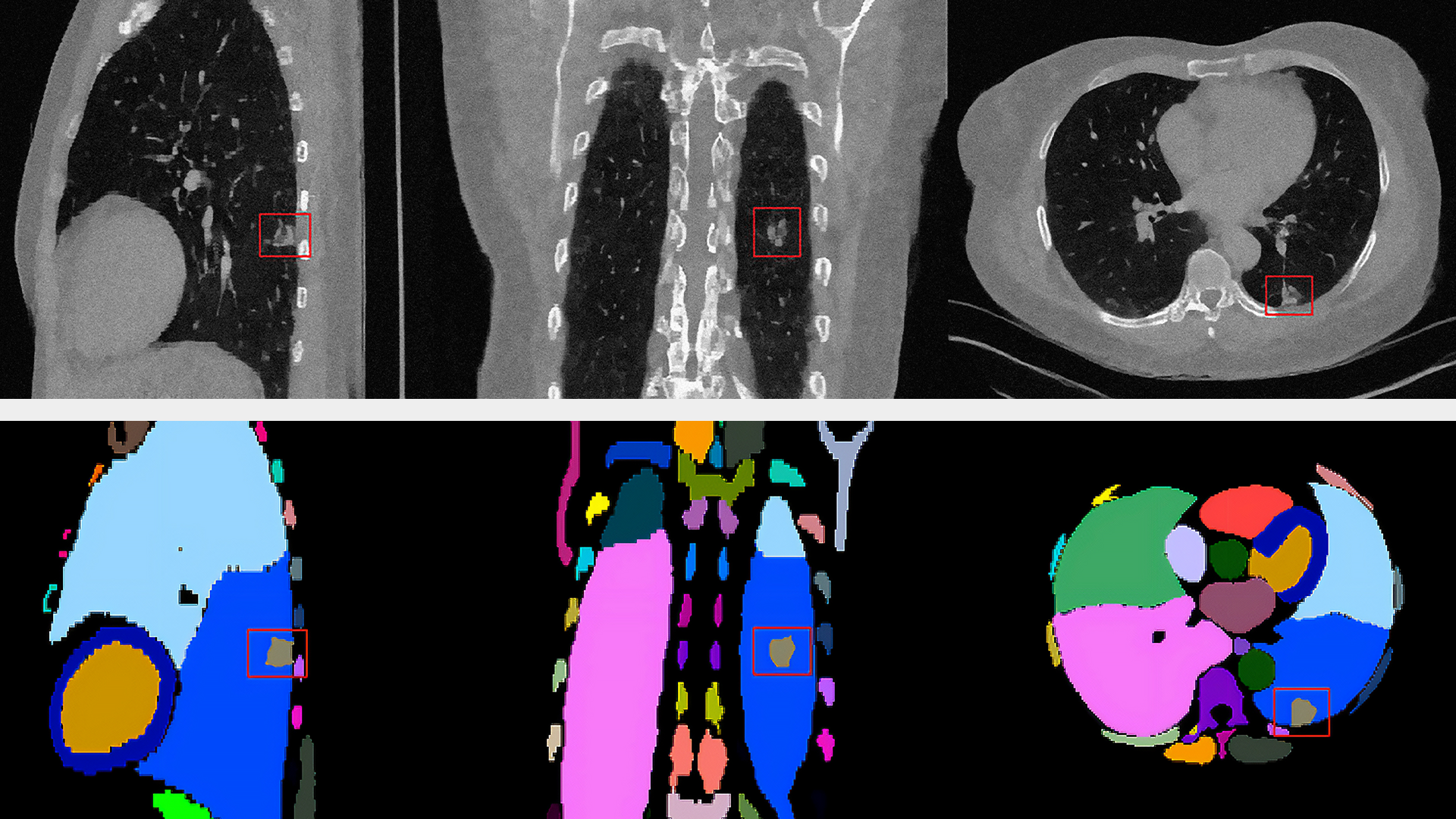Deep learning is essential for building AI models in medical imaging to help identify anomalies in images, generate automatic measurements, flag urgent cases, and longitudinal tracking. Explore the latest NVIDIA authored research presented during MICCAI 2021, the International Conference on Medical Image Computing and Computer Assisted Intervention.
MICCIA 2021 Accepted Research Paper Highlights:
- In this work, the researchers propose a deep learning based Multiple Instance Learning (MIL) algorithm for whole slide image (WSI) classification, which explicitly accounts for dependencies between instances during training using a transformer-based architecture.
- They evaluate the proposed method on the PANDA challenge dataset, which is currently the largest publicly available WSI dataset with over 11000 images, against the baseline methods as well as against the Kaggle challenge leaderboard with over 1000 competing teams, and demonstrate state-of-the-art (SOTA) classification results.
Improving Pneumonia Localization via Cross-Attention on Medical Images and Reports
- In this work, the researchers propose a novel weakly-supervised attention-driven deep learning model that leverages encoded information in medical reports during training to facilitate better localization. Themodel also performs classification of attributes that are associated to pneumonia and extracted from medical reports for supervision, without the need of manual annotation.
- The team showcases quantitative results on two chest X-ray datasets, MIMIC-CXR [7], and Chest X-ray-8 [18]. They also showcase qualitative results on the COVID-19 dataset [4] and demonstrate severity characterization by utilizing the predicted attributes. See paper for dataset reference details.
Federated Whole Prostate Segmentation in MRI with Personalized Neural Architectures
- In this work, the researchers combine FL with an AutoML technique based on local neural architecture search by training a “supernet.” Furthermore, they propose an adaptation scheme to allow for personalized model architectures at each FL client’s site.
- The proposed method is evaluated on four different datasets from 3D prostate MRI and shown to improve the local models’ performance after adaptation through selecting an optimal path through the AutoML supernet.
- In this work, the researchers focus on accelerating the estimation of hyper-parameters by proposing two novel methodologies: proxy data and proxy networks. Both can be useful for estimating hyper-parameters more efficiently.
- After evaluating the proposed techniques on CT and MR imaging modalities using well-known public datasets, theyshow: (1) higher correlation to using full data for training when testing on the external validation set using smaller proxy data than a random selection of the proxy data; (2) a high correlation exists for proxy networks when compared with the full network on validation Dice score and; (3) the proposed approach of utilizing a proxy network can speed up an AutoML framework for hyper-parameter search by 3.3×, and by 4.4× if proxy data and proxy network are utilized together.
Other Research Highlights:
Project MONAI, is a collaborative open-source initiative built by academic and industry leaders to establish and standardize the best practices for deep learning in healthcare imaging.
At MICCAI, Project MONAI is releasing new software that shows a ~20x speedup for AI training.
New features in the release include enabling researchers and clinicians to collaborate and create annotated datasets, and tools to design, develop, and verify AI-driven applications.
Get started with Project MONAI >>
Learn more about NVIDIA at MICCAI 2021>>
